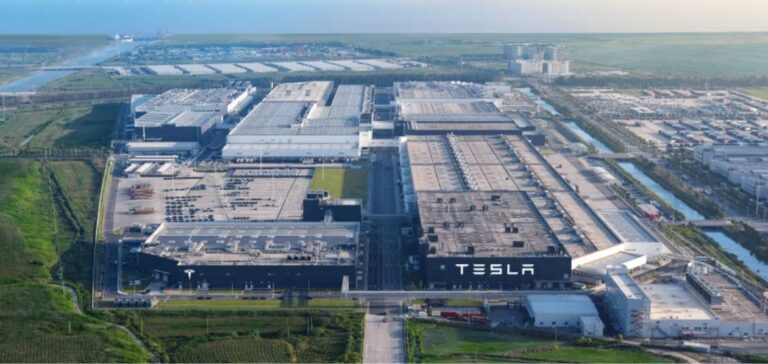The Chinese automotive market continues to transform at high speed.
By July 2024, more than half of all vehicles sold were hybrid or electric.
According to the China Federation of Individual Car Manufacturers (CPCA), 945,000 hybrid models were sold, an increase of 27.6% on the previous year.
At the same time, sales of fully electric cars reached 505,000 units, up a slight 0.9% year-on-year. This is the first time that sales of hybrid and electric vehicles have exceeded 50% of total monthly sales in China.
This compares with 36.1% in July 2023.
This increase underlines the accelerating adoption of clean technologies in the world’s largest automotive market.
The dynamics of local and international manufacturers
The electric vehicle boom in China is largely driven by local manufacturers.
Among them, BYD stands out with nearly 246,000 cars sold in July, well ahead of Tesla, which sold over 74,000 units thanks to its gigantic Shanghai factory.
BYD is also extending its influence internationally, notably in Europe, and has surpassed Tesla as the world’s biggest seller of electric vehicles in the fourth quarter of 2023.
On the other hand, foreign manufacturers are finding it difficult to keep up with the pace set by Chinese innovation.
They need to adapt quickly to the growing demand for hybrid and electric vehicles, in the face of dynamic and well-established local competition.
Subsidies and economic challenges
The Chinese market for electric vehicles has grown rapidly, supported by government subsidies.
However, the current economic slowdown is affecting consumer spending and creating a price war between manufacturers, impacting on their profitability.
Subsidies play a crucial role in this dynamic, but price pressure could pose challenges for manufacturers.
Local brands such as NIO and XPeng continue to innovate and offer attractive models at competitive prices.
However, profitability remains a major issue, especially in a difficult economic climate where competition is intensifying.
Outlook for the future of the Chinese market
The future of the automotive market in China is bright, with increasing adoption of hybrid and electric vehicles.
The transition to more sustainable transportation solutions is well underway, supported by policy incentives and ongoing innovation by local manufacturers.
However, economic challenges and price competition remain obstacles to overcome.
Manufacturers need to strike a balance between sales growth and profitability, while continuing to innovate to remain competitive.
The Chinese market, with its size and dynamism, is set to spearhead the global electric revolution.






















